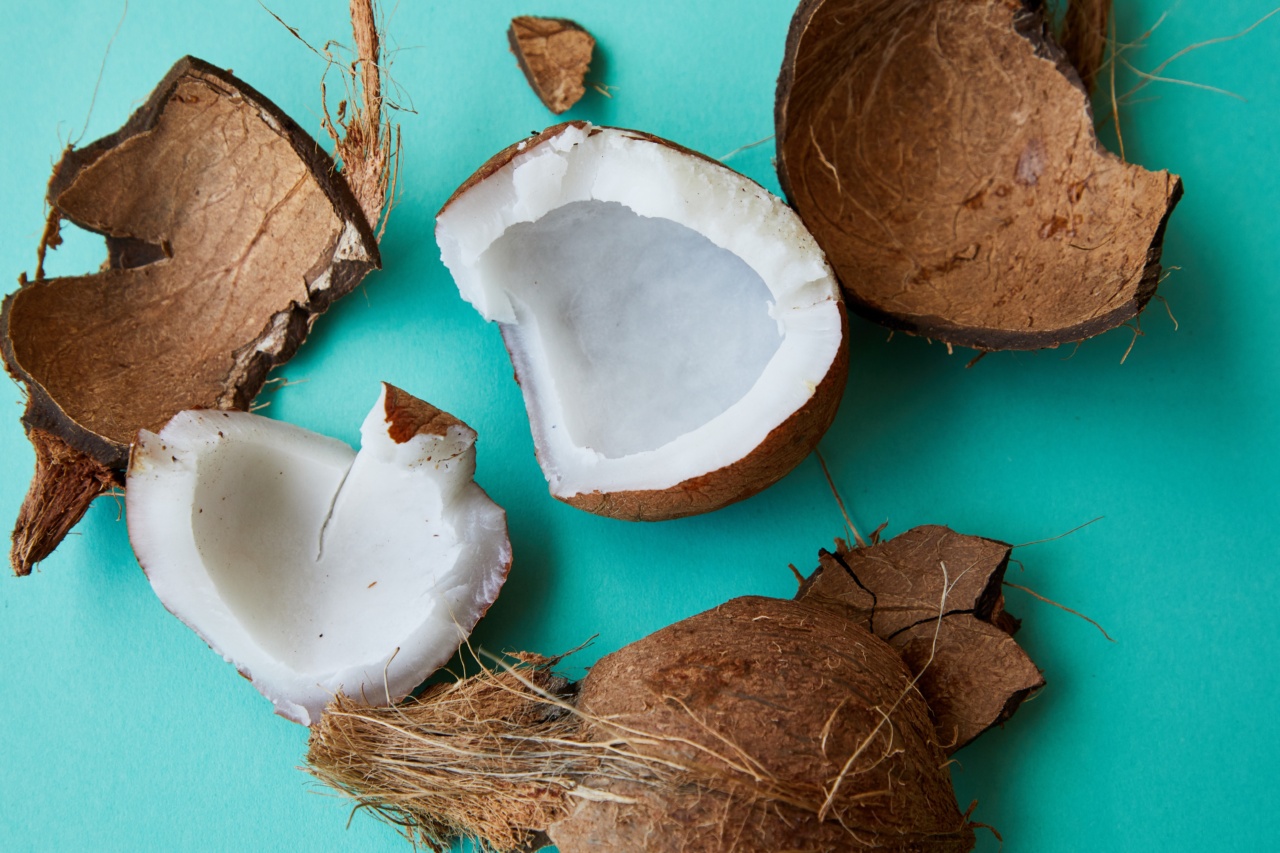Coconut is a versatile and delicious tropical treat that has been a staple in many cultures for centuries. From its sweet, creamy flesh to its refreshing water, coconut is a favorite ingredient in many recipes.
Coconut is not just a fruit, but also a nut and a seed. It can be eaten in various forms, including fresh, dried, canned, or even as oil or butter.
History of Coconut
Coconuts are believed to have originated in the tropical regions of the Pacific and Indian Oceans, although it is still unclear where they first appeared.
It is said that the coconut palm was one of the first plants to be cultivated by humans because of its many uses.
In ancient times, coconuts were used for food, medicine, and building materials, and even for making rope. They were also used for trading, as they were highly prized goods in many cultures.
Nutritional Value of Coconut
Coconut is rich in many essential nutrients. It is a good source of fiber and contains vitamins C, E, B1, B3, B5, and B6. It also contains minerals such as iron, calcium, magnesium, manganese, phosphorus, and zinc.
Coconut is also high in healthy fats, which are essential for good health.
The meat of a coconut is high in calories and saturated fat, though it is also cholesterol-free. One cup of shredded coconut contains around 283 calories, 12 grams of saturated fat, and 7 grams of fiber.
Health Benefits of Coconut
Coconut has many health benefits. Some of these include:.
Improved Heart Health
Coconut oil has been shown to reduce cholesterol levels, which can help improve heart health. Coconut oil is also rich in lauric acid, which has been linked to reducing blood pressure.
Weight Loss
Coconut consumption has been shown to promote weight loss by reducing appetite and increasing metabolism. The high fiber content in coconut also helps with weight loss by keeping you feeling full longer.
Boosts Immunity
Coconut contains lauric acid, which has antimicrobial properties that can boost immunity and protect against harmful bacteria, viruses, and fungi.
Improved Digestion
The fiber in coconut helps promote healthy digestion and can relieve constipation. Coconut also has anti-inflammatory properties that can help reduce inflammation in the digestive tract.
Improves Skin and Hair Health
Coconut oil is rich in fatty acids that can help improve skin and hair health. Coconut oil can be used topically or ingested to improve the appearance, texture, and strength of skin and hair.
Ways to Use Coconut
Coconut can be used in various forms and in many different ways in the kitchen. Here are some ways to use coconut:.
Cooking with Coconut Oil
Coconut oil is a great alternative to vegetable oil or butter in cooking. It is rich in healthy fats and has a slightly sweet taste that can enhance many dishes.
Making Coconut Milk
Coconut milk is rich, creamy, and a great way to add flavor to many dishes. It is also easy to make at home by blending shredded coconut with water and straining the mixture.
Baking with Coconut Flour
Coconut flour is a gluten-free alternative to traditional flour. It is high in fiber and protein and adds a unique flavor to baked goods.
Drinking Coconut Water
Coconut water is refreshing and hydrating and can be enjoyed as a beverage on its own or used in smoothies or cocktails.
Using Coconut Butter
Coconut butter is a creamy spread that can be used as an alternative to nut butter or as a flavorful addition to smoothies and baked goods.
Conclusion
Coconut is a versatile and delicious tropical treat that has numerous health benefits. Whether it’s used fresh, dried, or canned, coconut can be used in many different ways in the kitchen, from cooking to baking to drinking.
With its sweet flavor and many uses, it is no wonder that coconut is a favorite ingredient in many cuisines around the world.





























